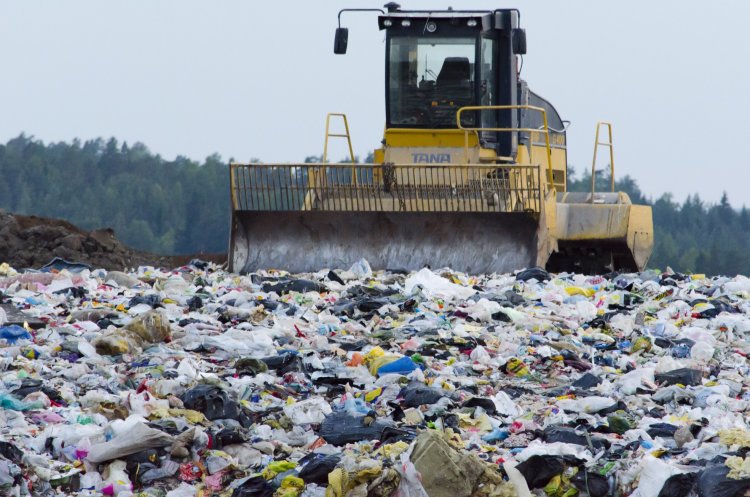Current State of Waste Management in Nairobi
Waste management is a significant challenge in Nairobi, Kenya, and it requires urgent attention.

Waste management is a critical issue in Nairobi, Kenya, as the city generates a massive amount of waste every day. The city produces approximately 2,400 tons of waste per day, which is a significant challenge for the city's waste management system. This article discusses the current state of waste management in Nairobi and the steps that are being taken to improve it.
The Current State of Waste Management in Nairobi
The waste management system in Nairobi is inadequate, and as a result, the city is facing a severe waste management crisis. The city's waste management system is highly dependent on informal waste pickers who collect waste from households and dumpsites and sell them to recycling companies. However, this system is not efficient, and it leads to environmental degradation and health hazards.
The city has several dumpsites, including the Dandora landfill, which is the largest in the city. The dumpsite receives more than 2,000 tons of waste daily, and it is estimated that it will be full by 2025. The dump site has caused severe environmental degradation, air pollution, and health hazards to the residents of the surrounding areas.
The Steps Being Taken to Improve Waste Management in Nairobi
The government of Nairobi has taken several steps to improve waste management in the city. One of the significant steps is the establishment of the Nairobi Metropolitan Services (NMS), which is tasked with managing the city's waste. The NMS has embarked on a program to upgrade the city's waste management system by improving waste collection, transportation, and disposal.
The NMS has also set up a waste-to-energy plant in the Dandora landfill, which will convert waste into energy. The plant will generate 35 megawatts of electricity, which is enough to power more than 200,000 households in the city.
The government has also introduced legislation to regulate waste management in the city. The Nairobi City County Waste Management Act requires households and businesses to segregate their waste and dispose of it in designated areas. The law also provides for the establishment of a waste management fund, which will be used to finance waste management activities in the city.
Waste management is a significant challenge in Nairobi, Kenya, and it requires urgent attention. The government has taken several steps to improve waste management in the city, including the establishment of the Nairobi Metropolitan Services and the waste-to-energy plant. However, more needs to be done to address the waste management crisis in the city, and it requires the collaboration of all stakeholders, including the government, the private sector, and the public.
If you have a real estate press release or any other information that you would like featured on African Real Estate Blog Post do reach out to us via email at [email protected]

 AREBP
AREBP 






























